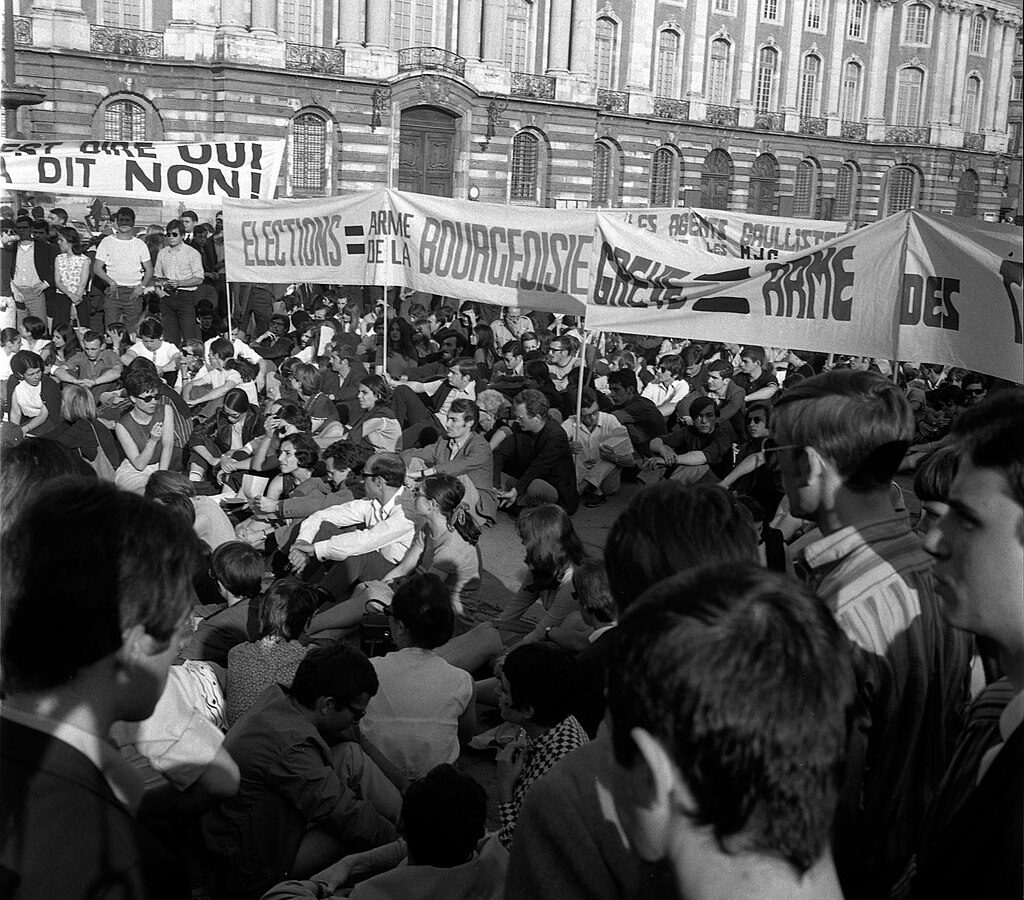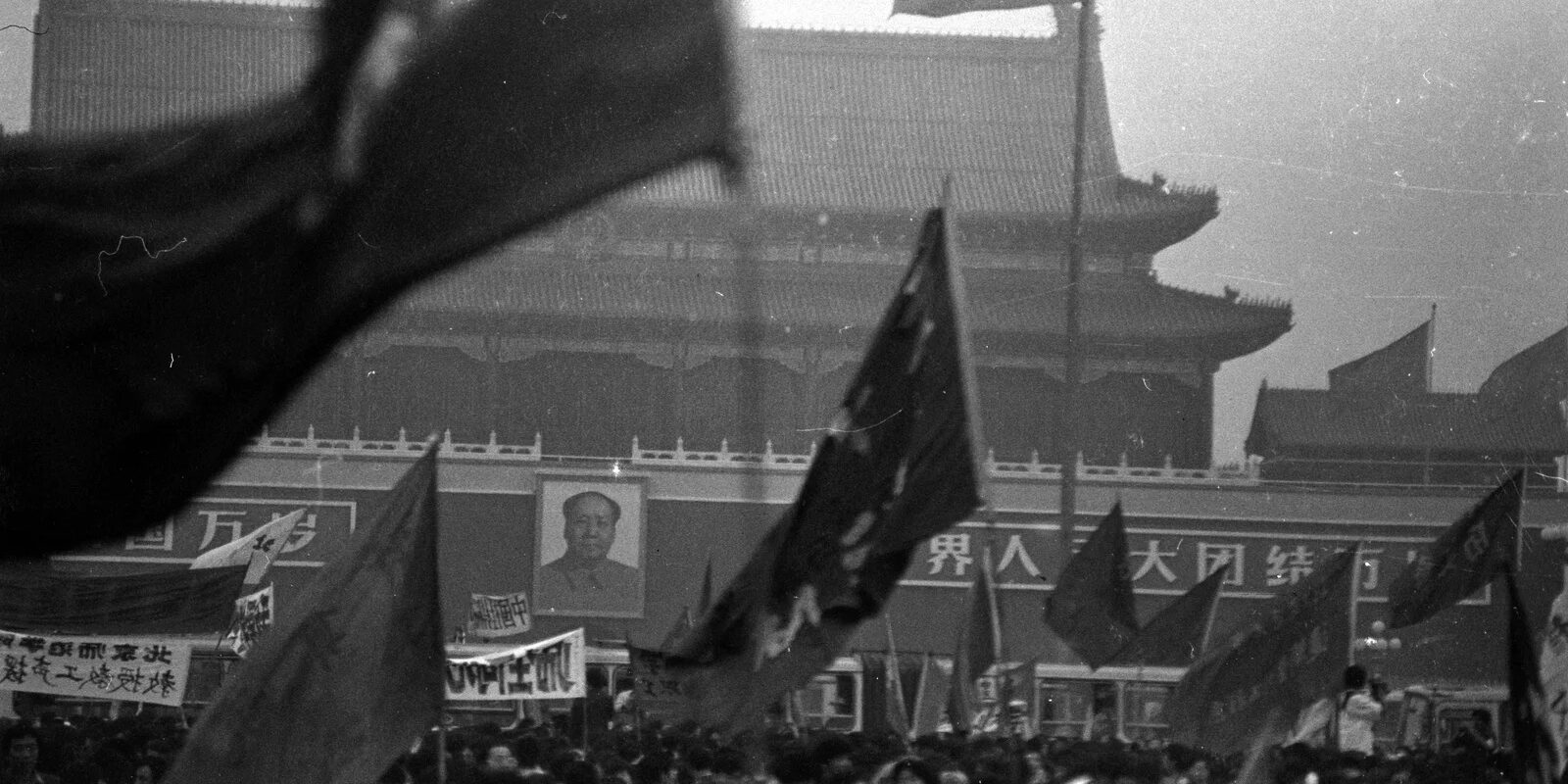Sometimes, the bravest thing you can do is say no. And in a world that often rewards obedience, that courage is rarer than we think. That’s the key lesson behind a simple yet powerful story — one that forces us to rethink what real courage looks like.
In a hiring test that doubled as a moral experiment, a company boss put three job applicants to the test. The first was told to punch and break a windowpane. He did. Fortunately, it wasn’t real glass — just a setup. Next, a second applicant was told to dump a bucket of dirty water onto a janitor resting in a nearby room. Without hesitation, he carried out the task — only to discover he had splashed water on a wax figure, not a real person. Both candidates had followed orders, never stopping to question the ethics.
Then came the third candidate. He was asked to punch a man in the main hall twice. But this applicant paused. “I’m sorry,” he said. I have no reason to hit him. Even if I did, violence isn’t the answer. I may lose this opportunity, but I won’t execute such a command.”
He got the job. Why? Because he demonstrated true courage — the moral kind that doesn’t bend under pressure, and the intellectual kind that thinks before it acts. The boss explained that strength doesn’t lie in how blindly you obey, but in your ability to stand up and say no when something feels wrong.

May 68: When refusing is the bravest thing
This wasn’t just a thought experiment. History offers powerful examples of this form of moral fortitude. One such story involves Charles de Gaulle, the President of France during the May 1968 civil unrest. The unrest began with student protests at the Sorbonne University, which escalated into a broader movement involving workers and other groups. There were widespread strikes, demonstrations, and occupations of universities and factories.
As protests rocked Paris and calls for his resignation grew louder, de Gaulle left for Baden-Baden, Germany, on May 29, where French forces were stationed. There, he asked the commanding officer to lead troops into France to suppress the civil unrest, not once but twice. And both times, the commander refused. He calmly advised the president to reconsider — a decision that would preserve peace and save de Gaulle himself from becoming a historical villain. De Gaulle returned to France the next day, dissolved the National Assembly, and called for new elections.
Later, de Gaulle wrote a letter to the commander’s wife expressing his deep gratitude. He believed that divine providence brought him to Baden then and allowed him to meet someone with the wisdom and strength to defy even a presidential order.
What the 1989 Tiananmen Square massacre revealed
In autocratic societies, this kind of defiance would be unthinkable, resulting in the massacre of scores of civilians in the 1989 Tiananmen Square protests. But courage, if it’s to mean anything at all, must be grounded in conscience. Obeying an immoral command by a leader isn’t loyalty — it’s compliance without thought. President de Gaulle’s order was never executed when the military put principles before power, which stands in sharp contrast to the orders that the protests in Tiananmen Square be halted, which were adhered to by the PLA on June 4.
Real courage isn’t about acting boldly — it’s about acting wisely. It’s not brute force or bravado. It’s the willingness to risk loss, rejection, or punishment to do what’s right. As these two historic events illustrate, those lacking a moral foundation may appear brave, but their bravery is reckless —a form of valor without wisdom.

What we can learn about true courage today
In modern life, we’re constantly being tested in subtle ways. It may not be an outrageous order from a president, but political winds, peer pressure, or even self-doubt may ask us to go against our judgment. In these moments, true courage means listening to your inner compass. It means questioning the status quo, defending what’s morally right, and having the strength to walk away when the cost is too high.
True courage, in the end, isn’t loud. It’s not always about heroes or grand gestures. Sometimes, it’s the quiet refusal to harm. The soft “no” that resists the easy path. And in that moment, it becomes something even more potent than bravery — it becomes integrity in action.
Follow us on X, Facebook, or Pinterest

